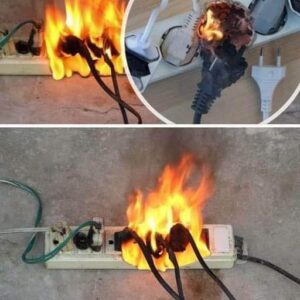It’s definitely not recommended to pour oil down the kitchen sink. While your mother-in-law might think it’s okay, doing so can lead to significant plumbing issues and environmental problems. Here’s why it’s important to avoid this practice:
Reasons Not to Pour Oil Down the Kitchen Sink
- Clogged Pipes: Cooking oil can stick to the insides of pipes, leading to blockages over time. This can result in slow drainage or complete clogs that require costly repairs.
- Fatbergs: In sewer systems, oil can combine with other waste, forming “fatbergs”—massive clumps of fats, oils, grease, and non-biodegradable materials. These can severely damage municipal sewer systems.
- Environmental Impact: Blocked sewage systems can overflow, leaking contaminants into local waterways, harming aquatic life, and polluting drinking water supplies.
- Wildlife Harm: When oil enters natural water bodies, it can coat the fur or feathers of animals, impacting their insulation and buoyancy, which can be fatal for wildlife.
- Costly Repairs: The expense of fixing clogged pipes and damaged sewer systems can add up quickly. Proper disposal can help you avoid these costs.
Proper Methods for Disposing of Cooking Oil
Proper Methods for Disposing of Cooking Oil
- Reuse: If the oil is still clean, strain it and store it for future use. This reduces waste and extends the life of your cooking oil.
- Seal and Dispose: Pour used oil into a sealable container (like an old jar) and throw it in the trash. This keeps it out of both your plumbing and the landfill.
- Recycling Programs: Check if your community has recycling programs that accept used cooking oil. Some places have collection events specifically for oil disposal.
- Commercial Disposal: Many businesses collect used cooking oil and convert it into biodiesel, a cleaner alternative to fossil fuels.
By managing cooking oil responsibly, you protect your plumbing and contribute to environmental health. It’s a simple way to make a positive impact!





